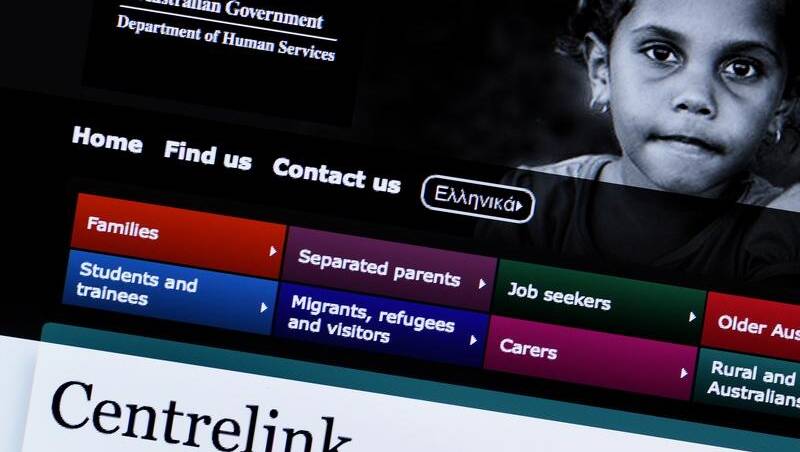$1.2 Billion in Robotic Debt Settlement Issues Raised | County Leader of St George and Sutherland
Robodebt victims have spoken out against class action lawyers, amid objections to the federal government’s offer to settle $1.2 billion without admitting legal liability.
The Federal Court has heard ‘heartbreaking accounts’ of victims of the Commonwealth’s illegal automated scheme matching tax data and Centrelink to claw back social benefits which the government says were overpaid.
“If the settlement is approved, there are a large number of people who will not receive money but who will have waived their rights … and there are people here who have lost their children,” Judge Bernard said Thursday. Murphy.
Dubbed robodebt, the scheme was deemed illegal in 2019 after the Federal Court found Centrelink could not have been satisfied that the automatically calculated debts were correct.
One man, Jeremy, detailed his experience with the “targeted, punitive” program. He expressed concern that the previously proposed Commonwealth settlement allowed politicians to avoid publicly admitting that robotic debt was illegal.
He also raised concerns that Gordon Legal, the firm behind the class action lawsuit, would be the primary beneficiary.
“The government will have used the power of the state to persecute the weakest members of society and then used public funds to prevent them from being held accountable,” Jeremy said.
“In contrast, the victims will have endured tremendous stress and anxiety, which a wealthy law firm benefits from.”
Others have raised concerns about the transparency of the law firm’s costs, some details of which have not been released.
Judge Murphy said there must be “a good reason why the costs are not open for reading”.
“Having said that, I don’t see anything embarrassing,” added the judge.
Acting for Gordon Legal, Bernie Quinn QC said that while some people would not be compensated as part of the settlement, they would receive “closure”.
Jennifer Miller says robodebt played a “very big” role in her son Rhys Cauzzo killing himself about four years ago after being sued by Centrelink and debt collectors.
Ms Miller said she was pleased the money had been returned, but opposed the settlement because no one in power had been held accountable.
“The only thing I ever got was platitudes – I was shown no respect,” she told the court.
“My objection is that there was no accountability. It turned out to be an illegal process early in the play.”
Ms Miller said Centrelink sued her son despite knowing he had mental health issues and also gave private information about him to the media.
More than 500 people had objected to the settlement and many had “heartbreaking stories”, Judge Murphy said.
Another woman told the court her partner and father killed themselves after being chased by debt collectors.
“The emotional toll is absolutely ridiculous,” she said.
A man said his debt was reduced by more than $3,000 to $400 after spending six months supplying materials to authorities, but the stress he endured left him unable to work.
He said the settlement as it stood meant he would not receive compensation for his mental suffering.
“It’s shocking, isn’t it?” the man said.
“I think that’s totally wrong – I run around and they don’t believe me at all.”
Another man, 45, said he had spent a tenth of his life worrying and dealing with his robodebt case.
It was previously revealed that the victims would receive $112 million in compensation, be reimbursed $720 million and have $400 million in illegal debt erased.
Income averaging is no longer used as the sole proof of possible debt.
The hearing to help determine the final form of the settlement is scheduled to continue Friday.
Australian Associated Press


Comments are closed.